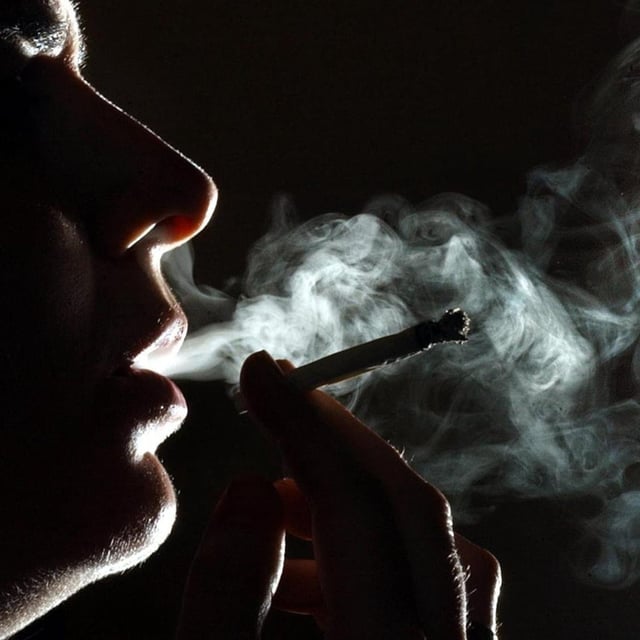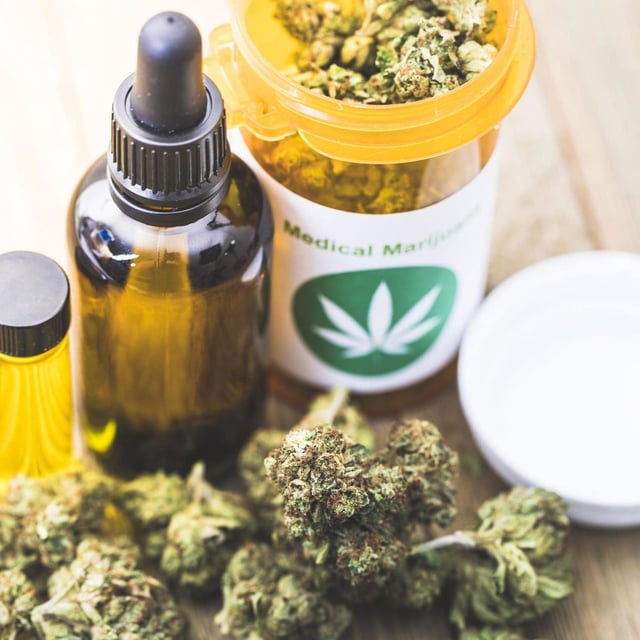Overview
- An analysis in BMJ Mental Health found people who first used cannabis to manage pain, anxiety, depression or minor psychotic symptoms reported higher paranoia than those who began for recreational reasons.
- Participants consumed an average of 206 weekly THC units, while those who started for anxiety, depression or due to household use reported roughly 248, 254.7 and 286.9 units, respectively.
- A separate Psychological Medicine study linked childhood trauma to both higher paranoia and heavier cannabis use, with physical and emotional abuse tied to about 35–40% higher paranoia scores.
- Respondents reporting childhood sexual abuse had the highest weekly THC intake, and researchers said cannabis appeared to worsen paranoia when trauma was the primary driver.
- The findings, based on self‑reported data from adults without a clinical psychosis history, prompted calls for targeted screening, cautious prescribing outside narrow NHS indications, and stronger treatment capacity.


